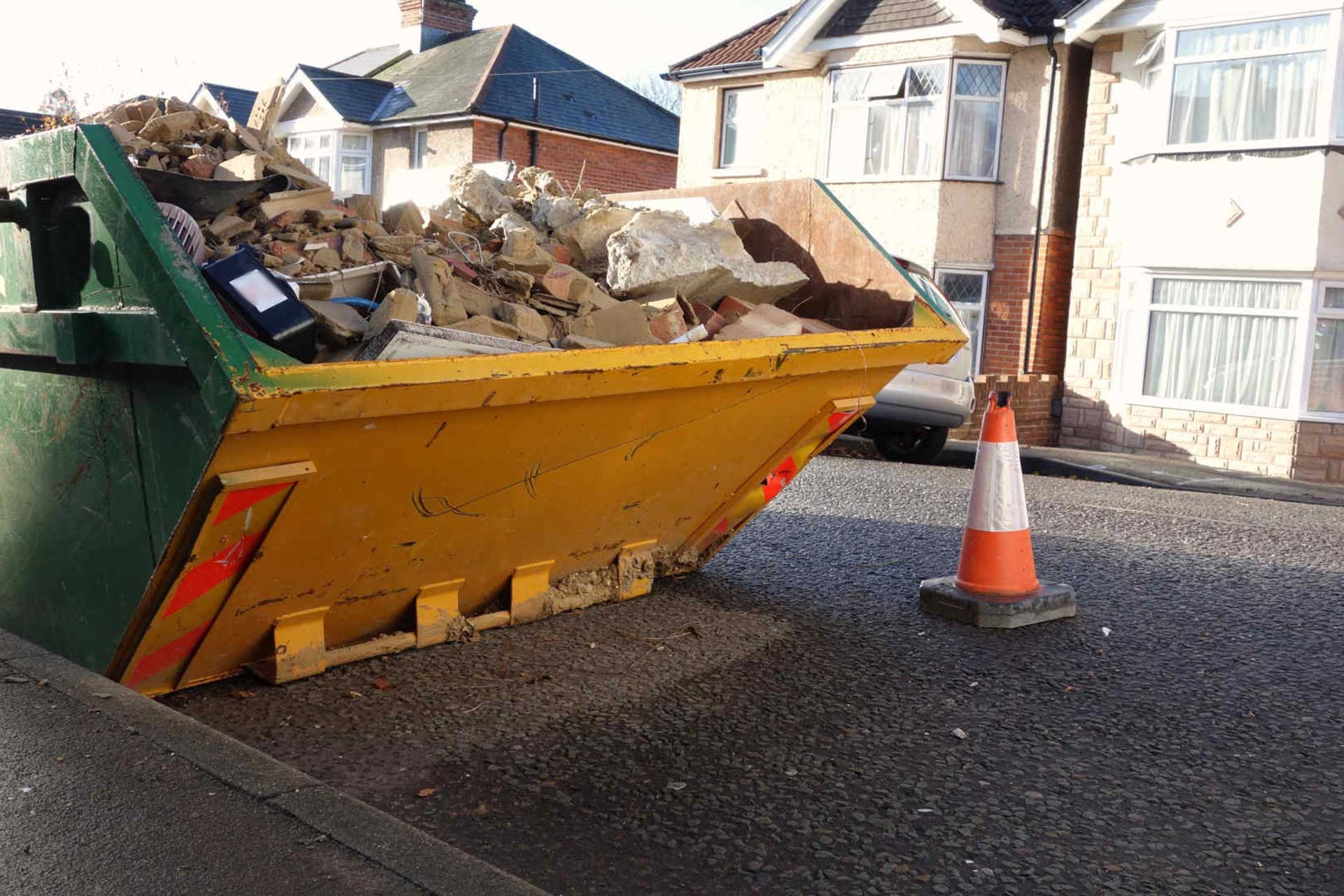Different Types of Skips and Their Uses – Skip Hire Services for Diverse Needs
Skip hire services offer an essential solution for managing waste efficiently, catering to diverse needs across residential, commercial, and industrial sectors. Skips, large open-topped containers designed for loading onto special lorries, come in various types and sizes to accommodate different waste disposal requirements. Understanding the different types of skips and their specific uses can help in selecting the right option for any project, ensuring effective waste management and compliance with environmental regulations. One of the most common types of skips is the mini skip, typically ranging from 2 to 3 cubic yards in size. These skips are ideal for small-scale domestic projects, such as garden clean-ups, home renovations, or decluttering tasks. Due to their compact size, mini skips are easy to place in driveways or small spaces, making them a convenient choice for homeowners with limited space. For slightly larger projects, the midi skip is a popular choice. With a capacity of 4 to 5 cubic yards, midi skips are suitable for moderate household clearances, including bathroom or kitchen refits.

Builder’s skips, also known as maxi skips, are more substantial, typically available in sizes ranging from 6 to 8 cubic yards. These skips are extensively used in construction and renovation projects due to their ability to handle a significant volume of waste, including heavy materials like bricks, concrete, and soil. Their robust construction makes them ideal for demanding jobs, ensuring efficient removal of construction debris. For projects generating substantial amounts of waste, the large or roll-on-roll-off RoRo skips are the most suitable. Available in capacities ranging from 20 to 40 cubic yards, RoRo skips are commonly used in large-scale industrial and commercial projects. These skips are designed to accommodate high volumes of waste, such as demolition debris, large-scale construction waste, and bulky commercial refuse. Their size and capacity make them a cost-effective option for projects requiring frequent waste removal. Specialized skips are also available for specific types of waste. Lockable skips, for instance, provide an added layer of security for disposing of confidential documents or sensitive materials, preventing unauthorized access and ensuring compliance with data protection regulations.
Similarly, hazardous waste skips are designed for the safe disposal of dangerous materials, such as asbestos, chemicals, and medical waste, adhering to stringent safety and environmental standards. Additionally, enclosed skips offer a solution for waste types that need to be protected from weather conditions or to prevent spillage. These skips are particularly useful in projects involving lightweight materials that might be blown away by wind or in areas where waste needs to be contained to avoid environmental contamination. In conclusion, skip hire company services provide a versatile and practical waste management solution across various sectors. By understanding the different types of skips available and their specific uses, individuals and businesses can make informed decisions to ensure efficient waste disposal, compliance with regulations, and minimal environmental impact. Whether it is a small home project or a large industrial undertaking, there is a skip designed to meet every need, simplifying the process of waste management and contributing to a cleaner, more sustainable environment.